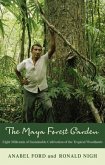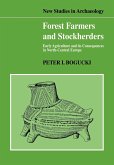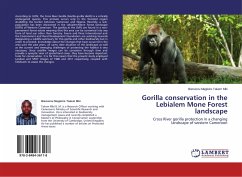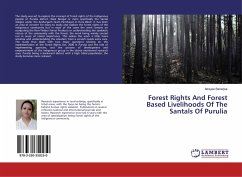The Guarani of Paraguay have survived over four centuries of contact with the commercial system, while keeping in tact their traditions of leadership, religion and kinship. This concise ethnography examines how the Guarani have adapted over time, in concert with Paraguay's subtropical forest system. New To This Edition: Expanded historical background and updated demographic information on the Guarani brings the research to the present day (Chapter 1). Expands and strengthens the discussion of "sustainability" to include more recent advances in the concept (Chapter 1), and introduces the idea of "subsidy from nature" into the discussion of conventional tropical development (Chapter 3). Develops the discussion of women's labor in horticulture (Chapter 3). Analyzes the effects of indigenous mixed agro-forestry in stemming the high rates of Paraguayan deforestation of the 1990s (Chapter 4). Discusses the recent globalization of the yerba mate market, and the economy's effecton Paraguay's protected areas (Chapter 4). Describes Guarani ethnic federations as a means to engage the national and international political institutions (Chapter 4). Explores the rapid growth in Guarani population in native communities, which results from lower infant mortality, more land pressure and more reliable census data (Chapter 4). This brief introductory text makes the ideal supplementary text for students of anthropology.
Hinweis: Dieser Artikel kann nur an eine deutsche Lieferadresse ausgeliefert werden.
Hinweis: Dieser Artikel kann nur an eine deutsche Lieferadresse ausgeliefert werden.








